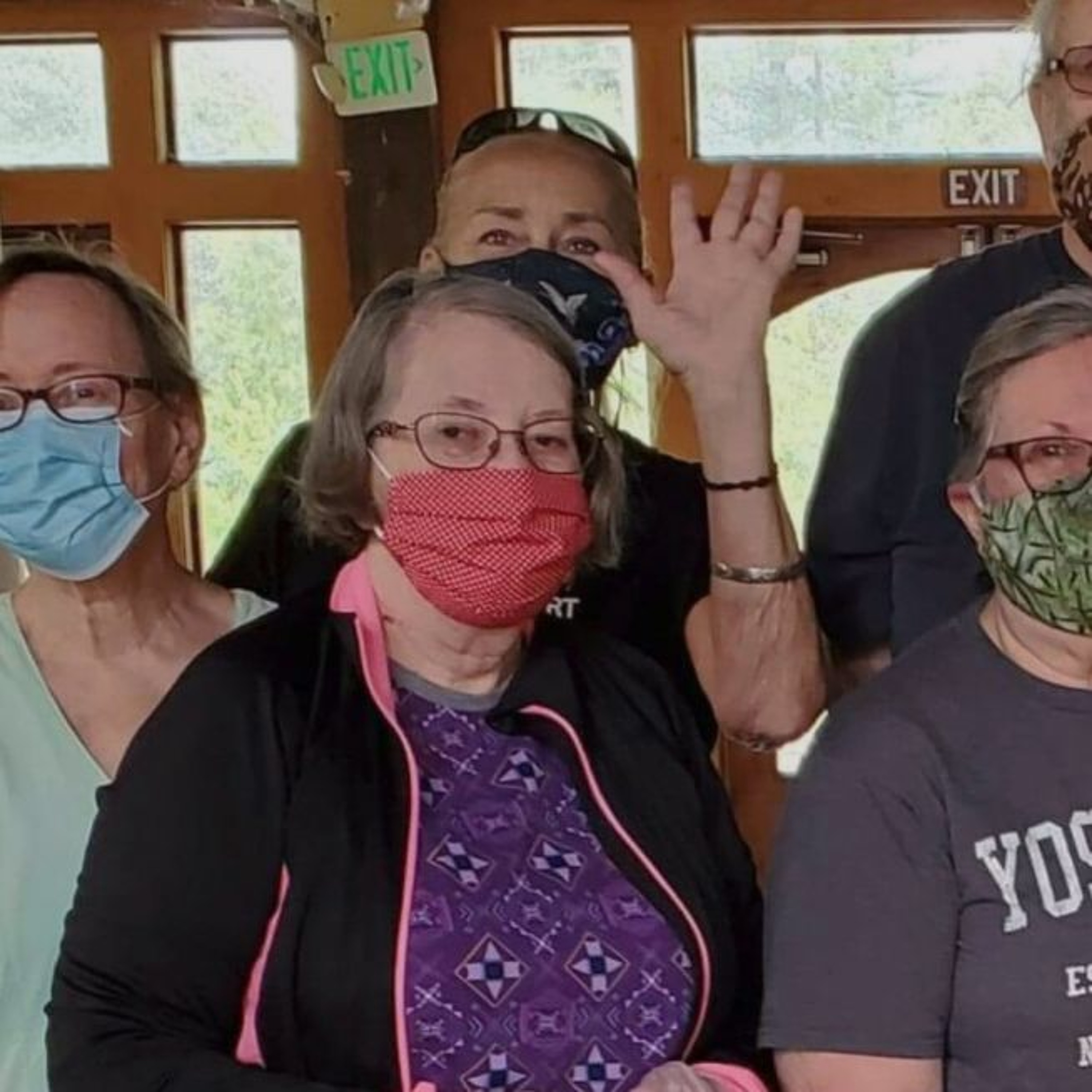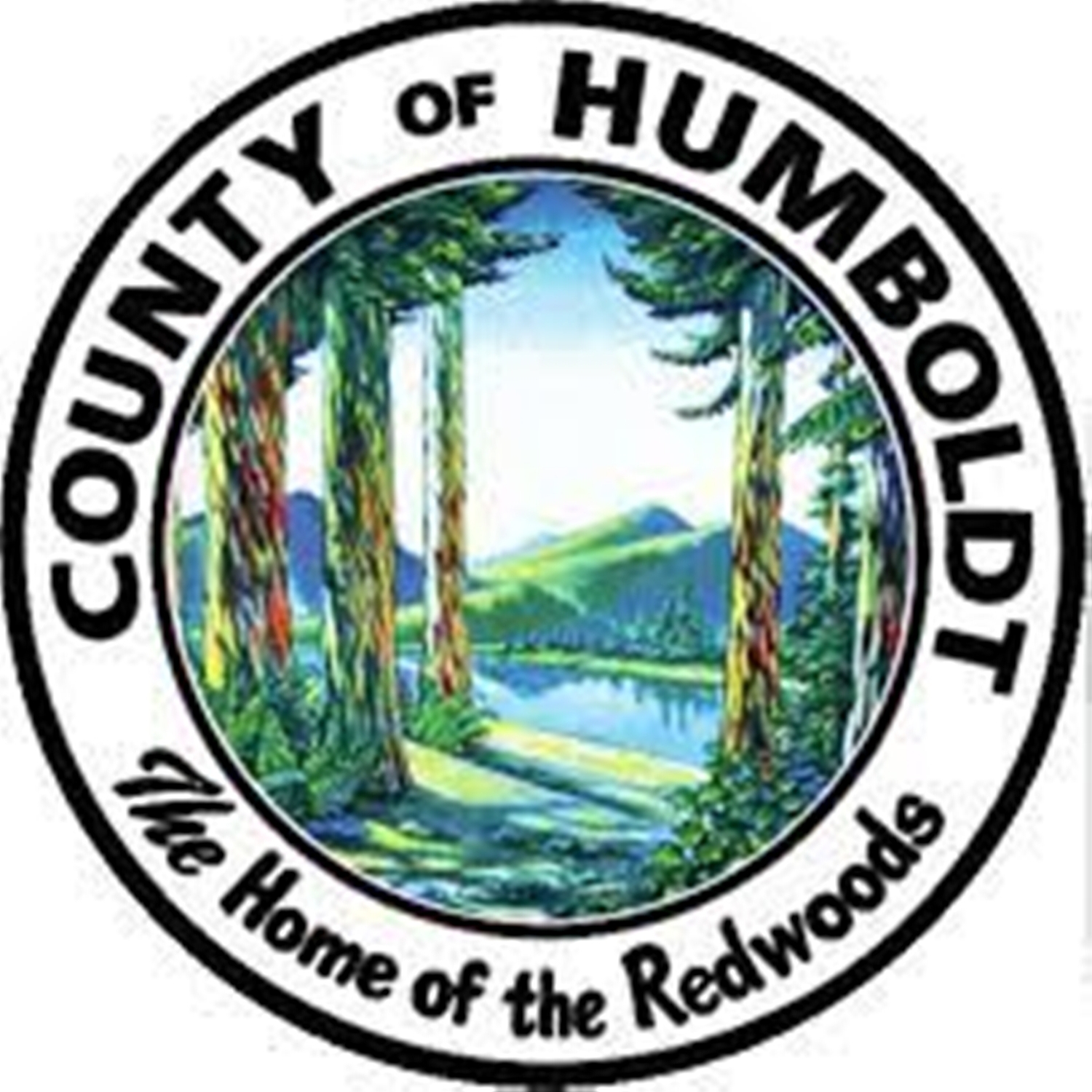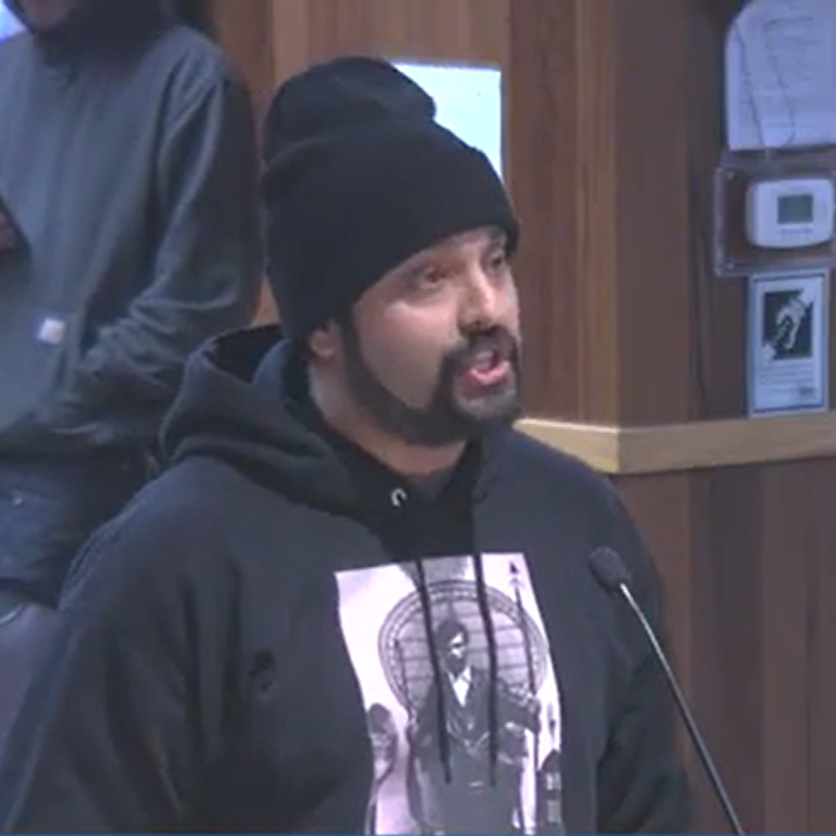Episode Transcript
[00:00:00] Speaker A: Backcountry Press, a Humboldt based independent publisher focused on exploring natural history, ecology and the Western landscape, announced that their book California A Field Guide to the Native Species, had been awarded the 2025 National Outdoor Book Award in the Nature Guides category. This field guide was co authored by Cal Poly San Luis Obispos botany professor Matt Ritter and Michael Kaufman, an educator, author and ecologist based in Neyland, California. According to the National Outdoor Book Award website, the field guide won because California is blessed with a great variety of land, scenic vistas, but it would be nothing without its trees Matt Ritter and Michael Kaufman's new guide is the perfect vehicle to learn about and identify California trees. It colors all of the 95 native species and does so in a thoughtful, organized way. Sections in the book are color coded, getting you quickly to the two main groupings, conifer or flowering trees. Each tree includes three to four photos, a location map and identification details. Great design, good information and just the right size for a pack. California trees does the job and does it well as end quote Kaufman said the idea for the book came about when his co writer Matt Ritter brought up the idea to do a book on California trees. The reasoning was that this had not been done since 1923 by Willie Jepson.
[00:01:13] Speaker B: A few things have changed. Taxonomy's changed. Our understanding of what trees are actually in California and how they're related has changed. So we ran with it.
[00:01:21] Speaker A: Ritter brought his expertise of Southern California trees, while Kaufman brought his expertise of Northern California forest. To take on this big goal, Ridger's graduate student generated new, updated distribution maps using modern data. With the data and the knowledge to attack this idea, the writing came quickly and naturally. It only took about a year for the writing and the layout to come together.
[00:01:39] Speaker B: It's one of the quicker books that I've done, to be honest with you. So that was kind of cool to have, you know, just the past history and relationship that we both had with trees and to really have the vision ahead of time and then bring it to fruition.
[00:01:52] Speaker A: Each species gets a single page, except for the more iconic trees like the coast redwoods and the giant sequoia, which took up two pages. The authors wanted to create something that nature lovers could slip into a backpack and use it in the field. This book also includes a checklist challenging readers to find all 95 species as well as recommend unique places to visit around California. This includes the Redwood national and State Parks, Joshua Tree, Sequoia and Kings Canyon. For Kaufman, the bigger goal was simple get people outside and interacting and understand the human relationship with trees.
[00:02:22] Speaker B: I also feel like, you know, the ability to put a name on something helps to build a relationship with the natural world, which, to be quite honest with you, is lacking these days. You know, it was part of human survival for thousands and thousands of years, time immemorial, some might say, and we're kind of losing that. So this is sort of our ode to the natural world and an ode to the connection. And, you know, trees are similar in us and that, you know, we're sort of a larger size above the ground. Right. You know, obviously, trees grow a little bit taller than people in most cases, but it's something we can walk up to and sort of meet face to face, so to speak. For me, it's about, you know, and this is true for. For my approach, for the approach that I want my kids to take, for the approach I wanted my students to take, for the approach that I hope that people in general take. But to find something that you're interested in in life, and a lot of people find that difficult. Right? And when you find something you're interested in, you start to look into it more. You develop a passion, you develop a little bit better, I think, direction in life. For me, I was lucky. I had a high school teacher that took me out into the forest and me trees and that. And I knew by the time I was 17 that I was in love with trees. So, you know what? My point here is that when you have a nice, concise guide, which I believe California Trees is, it takes people in new directions. And maybe on that one page, you might get to learn some of the ins and outs and intricacies of Satan oak, which is notholithcarpus tensofloras. It's much more common in inland humble, but you can find it mixed in with the redwoods. But let's say you learn to identify that tree, and then you start to ask some questions about that tree based on your BR Introduction that this book offers, my hope and dream is that, you know, it leads to more questions, it leads to more research, it leads to more maybe acorn harvesting every fall, you know, whatever it is, but just that better connection and again, better relationship to the land and hopefully better stewards for this planet and especially this local landscape that we all love.
[00:04:21] Speaker A: After winning the National Outdoor Book Award, Kaufman was hopeful his book would be recognized, but it was still a surprise.
[00:04:27] Speaker B: It's one of these things where I sent it in, like, seven or eight months ago and sort of forgot about it, and all of a sudden, this email popped up in my inbox a week ago and was like, hey, you won a best nature guide for Special Author Book Awards and it felt pretty darn good. So I guess the answer is I hoped and kind of expected based on the quality of work that we do. But you're never quite sure how other people are going to view your work, so it was a pleasant surprise.
[00:04:51] Speaker A: California Trees, a field guide to the native species is available now. With this blend of scientific knowledge and easily understandable explanations, it invite people to take a breath, look around, and rediscover the trees around them. This is Gabriel Zucker with KMUD News.


